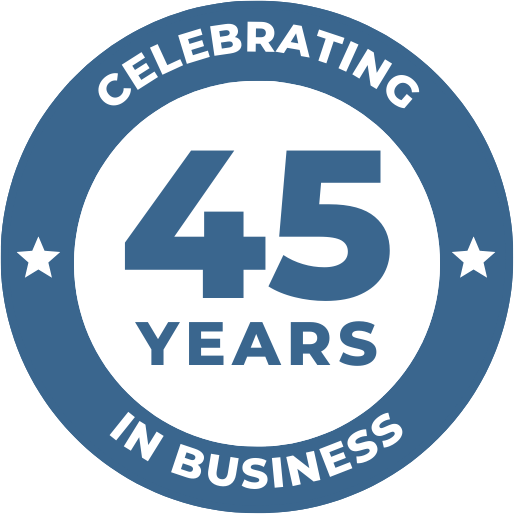When securing financing for your business, you’re faced with a critical decision: Should you turn to a traditional bank for a loan, or consider the alternative option of partnering with a Factoring Company? Both avenues offer advantages and disadvantages, and the choice you make can significantly impact your business’s financial health and growth prospects. In this blog, we’ll explore the key differences between a Factoring Company and a bank loan, helping you decide on the better financing option for your unique needs.
Factoring Company: Unlocking Cash Flow Through Invoice Factoring
Advantages of Using a Factoring Company:
- Quick Access to Capital: Factoring companies specialize in providing fast access to working capital. They purchase your outstanding invoices and advance a significant portion of the invoice value to you within days, allowing you to address immediate financial needs.
- No Credit Check on Your Business: Unlike traditional bank loans that often require a rigorous credit check, Factoring Companies primarily evaluate the creditworthiness of your clients. This means your business’s credit history is less of a determining factor in securing financing.
- No Debt Accumulation: Factoring is not a loan; it’s the sale of your accounts receivable. This means you don’t accumulate debt on your balance sheet, preserving your credit capacity for other business needs.
- Predictable Cash Flow: Invoice factoring provides a steady and predictable cash flow stream, enabling you to meet operational expenses, and payroll, and seize growth opportunities without delay.
- Flexible Financing: Factoring is flexible and can be used on an as-needed basis. You can factor all your invoices or choose to factor specific ones based on your business requirements.
Bank Loan: Traditional Financing with Stringent Requirements
Advantages of Using a Bank Loan:
- Lower Interest Rates: Bank loans typically offer lower interest rates compared to alternative financing options, making them a cost-effective choice for long-term financing needs.
- Long-Term Financing: Banks can provide longer-term loans, which are suitable for capital-intensive projects or large investments.
- Credit Building: Successfully repaying a bank loan can positively impact your business’s credit history, improving your ability to secure future financing.
Drawbacks of Using a Bank Loan:
- Stringent Approval Process: Banks often have strict qualification criteria, including a thorough credit assessment of your business and personal finances. This can be challenging for newer businesses or those with less-than-stellar credit histories.
- Lengthy Application and Approval Time: The application and approval process for a bank loan can be time-consuming, causing delays in accessing much-needed funds.
- Debt Accumulation: Bank loans add debt to your balance sheet, which can impact your financial flexibility and limit your ability to take on additional debt for other business needs.
- Fixed Repayment Schedule: Bank loans typically require fixed monthly repayments, which may not align with the fluctuating cash flow needs of your business.
In conclusion, the choice between a Factoring Company and a bank loan ultimately depends on your specific business circumstances and financing requirements. If you need quick access to working capital, have a steady stream of outstanding invoices, and want to avoid debt accumulation, a Factoring Company may be the better financing option for you. On the other hand, if you require long-term financing with lower interest rates and are prepared to undergo a more rigorous approval process, a bank loan could be a suitable choice.
American Receivable, with its 44 years of experience, is a trusted Factoring Company that has helped countless businesses access the capital they need to thrive. Our flexible factoring solutions are designed to support your unique financial needs, providing you with the freedom and flexibility to grow your business without the burden of traditional debt. Contact us today to explore how American Receivable can be your partner in financial success.
Jack Stieber jack@americanreceivable.com 972-404-4726
Julie Adams julie@americanreceivable.com 800-297-6652
Brad Gurney brad@americanreceivable.com 972-404-4726
Dakota Stieber dakota@americanreceivable.com 800-297-6652








